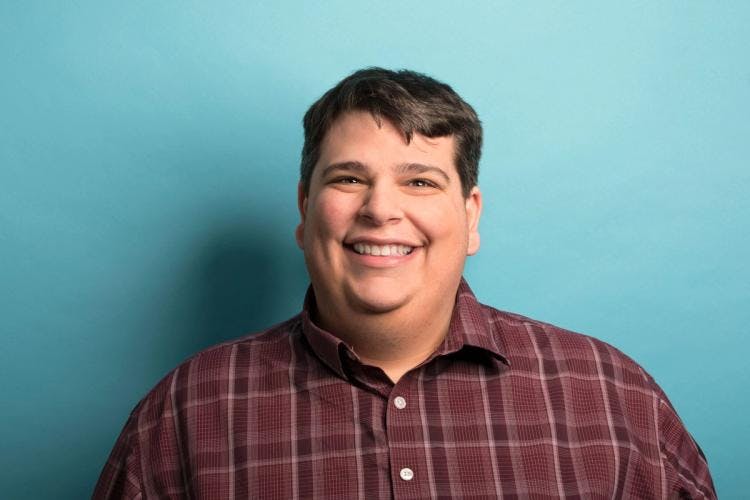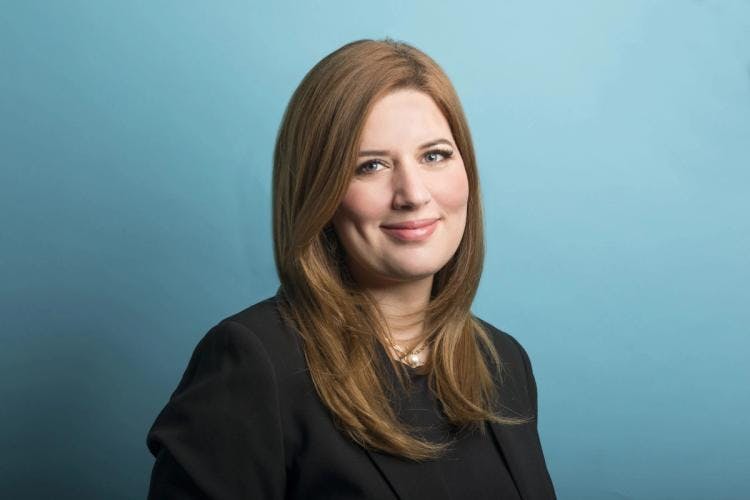The essential features of oppositional defiant disorder are a persistent pattern of angry/irritable mood, argumentative/defiant behavior, or vindictiveness. It is not unusual for individuals with oppositional defiant disorder to show the behavioral features of the disorder without problems of negative mood. However, individuals with the disorder who show angry/irritable mood symptoms typically show behavioral features as well. The symptoms of oppositional defiant disorders may be confined to only one setting and this is most frequently the home. Individuals who show enough symptoms to meet the diagnostic threshold, even if it is only at home, may be significantly impaired in their social functioning. The rate of oppositional disorder may vary depending on the age and gender of the child. The disorder appears to be somewhat more prevalent in males than in females before adolescents.
To be diagnosed with oppositional defiant disorder, according to the Diagnostic and Statistical Manual of Mental Disorders (DSM-5), the following criteria must be met:
Aggression Against People and Animals
Argumentative/ Defiant Behavior
Vindictiveness
Note: For children younger than 5 years old, the behavior should occur on most days for a period of at least 6 months unless otherwise noted. For individuals 5 years or older, the behavior should occur at least once per week for at least 6 months, unless otherwise noted.
Choosing the right treatment for Oppositional Defiant Disorder is crucial for fostering healthier relationships, enhancing communication skills, and improving emotional regulation. Our specialized ODD treatment offers:
There are effective treatments for oppositional defiant disorder. Treatments for oppositional defiant disorder are designed to decrease or eliminate as many identified problem behaviors as possible in the short term and also to work towards the long-term goal of preventing children’s behavioral problems from worsening over time (for instance, becoming Conduct disorder). The earlier the condition is diagnosed, the more successful the therapy will be.
Psychotherapy
Psychotherapy, also known as talk therapy or psychological counseling is used to identify the patterns of behaviors, thoughts, beliefs, etc. that may impact individuals with oppositional defiant disorder.
Cognitive Behavioral Therapy
In cognitive-behavioral therapy, the child learns to better solve problems and communicate. The individual also learns how to control impulses and anger. Other aspects of therapy may be aimed at helping an individual identify and change thought patterns that lead to behavior problems.
Family Therapy
Family therapy will help makes changes in the family dynamic as a whole. Family therapy can help improve communication skills and family interactions. It will also provide support for the siblings that may also be impacted by the individual with the OCD diagnosis.
Parenting Counseling
The development of parenting skills can help create an environment that is less frustrating for everyone and more positive. In some cases, a child may participate in parenting training. A child can work together with their parents to come up with solutions that work for both of them, consequently helping improve ODD-related problems. Involving other authority figures, such as teachers, in the training may be an important part of treatment.
Medication Management
Medications alone generally aren’t used for ODD unless an individual also has other mental health disorders.
Social Skills Training
Children may benefit from therapy that will help them be more flexible and learn how to interact more positively and effectively with peers.
Supporting your child with Oppositional Defiant Disorder is an investment in your family's well-being and harmony. Our ODD treatment area is designed to empower children, adolescents, and families to overcome challenges, develop healthier interactions, and create a more peaceful home environment.


















Our Services
Virtual/Online CarePHP and IOPAdult PsychiatryChild & Adolescent PsychiatryAdult TherapyChild & Adolescent TherapyCouples CounselingFamily TherapyGroup TherapyPsychological TestingTranscranial Magnetic Stimulation (TMS)Resources
Refer a PatientCareersClinical Training OpportunitiesOur ProvidersFree Mental Health TestsCommonly Prescribed MedicationsLocationsBlogIn The NewsClarity Through CharityClarity for AllQuick Links
Patient PortalFAQsAccepted InsurancesContact us